Reflections and Regrets: Phil Spencer's Journey Through Missed Opportunities in Gaming
- 1076
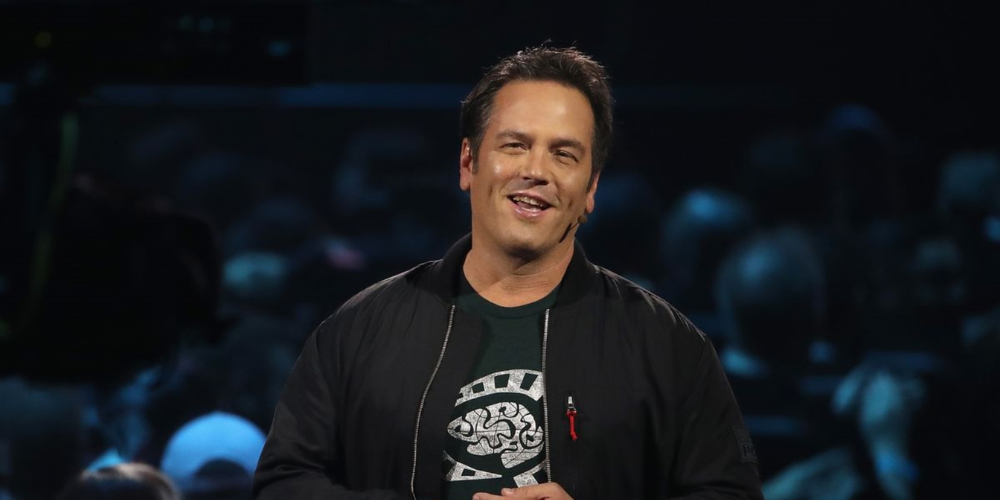
The landscape of gaming has eternally been a realm marked by innovation and unexpected choices. One of the industry's most prominent figures, Phil Spencer, has recently opened up about some of the biggest decisions he has made throughout his career as the head of Xbox. At PAX West, Spencer reflected on missed opportunities that could have changed the landscape of gaming, such as the chance to publish massive hits like Destiny and Guitar Hero. His candor in sharing his thoughts can provide valuable insights into the complexities of game development and publishing. Here’s a closer look at Phil Spencer’s journey through the gaming universe, highlighting his reflections, decisions, and the ever-evolving market dynamics.
Misjudgments In Game Development
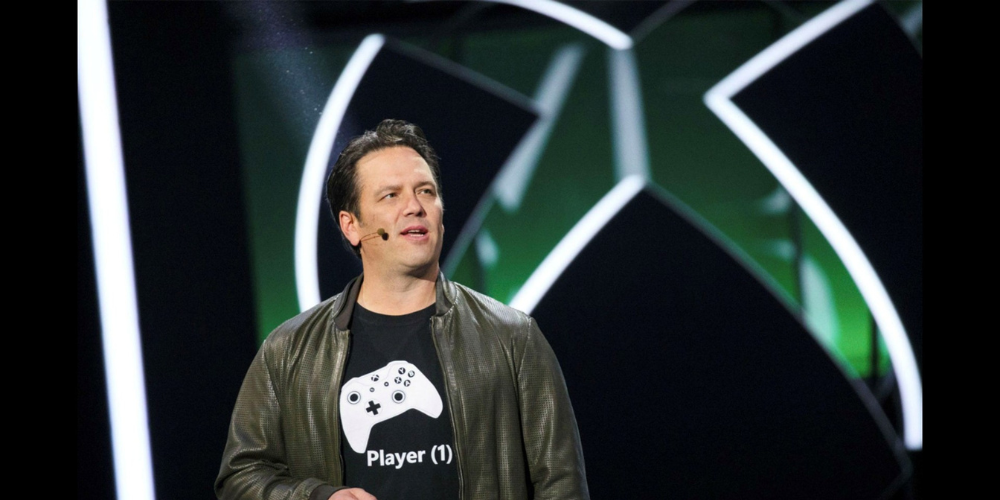
When asked about his past decisions regarding game titles, Spencer didn't hold back. He acknowledged that he has made some miscalculations regarding which games would resonate with audiences. The names that come to mind, Destiny and Guitar Hero, serve not only as lost opportunities but also as lessons learned in the gaming industry.
First Impressions Matter
Spencer revealed that when he first encountered Destiny, he felt skeptical. Despite having early access to preview builds, the game failed to capture his attention. This lack of initial enthusiasm stemmed from his personal gaming preferences, particularly his disinterest in player-versus-player (PvP) environments.
Bungie's Legacy with Xbox
The connection between Bungie and Xbox runs deep, particularly with the success of Halo. However, Spencer's initial vibe about Destiny diverged from his personal experiences with Bungie's earlier masterpieces. This illustrates how pivotal moments can slip through the fingers of even the most seasoned professionals.
The Phenomenal Rise of Destiny
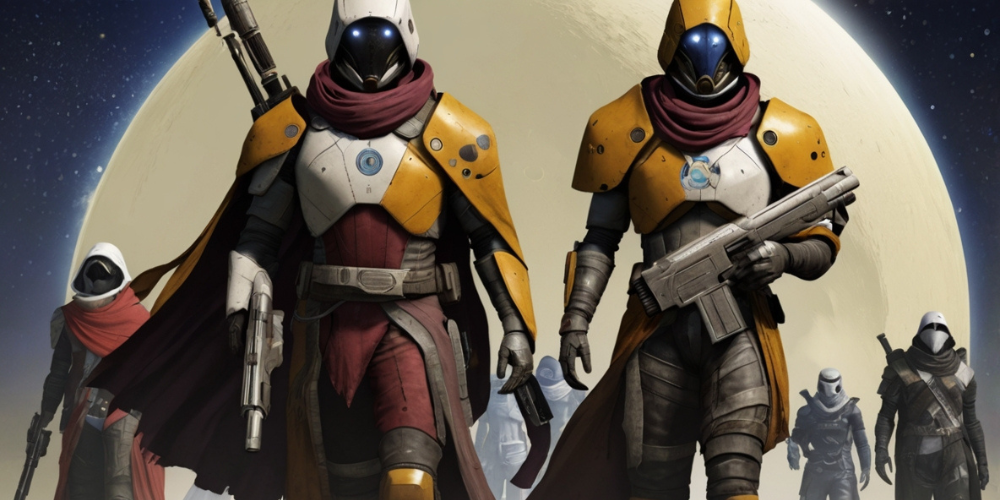
Following its launch in 2014, Destiny shattered expectations and rapidly rose to fame. Within just one month, it sold over six million copies, a testament to its allure and the depth of its gameplay. Spencer's narrative only further highlights how surprising the gaming market can be.
A Continuing Legacy
Destiny's journey did not end with its original release. The arrival of Destiny 2 in 2017 added layers to the game's storytelling and multiplayer mechanics. While Spencer now celebrates the franchise, the acknowledgment of passing on it speaks volumes about the unpredictable nature of game popularity.
Respecting Friends in the Industry
Spencer’s admiration for Bungie remains intact, despite their acquisition by a competitor. His history with the studio provides a personal connection, revealing the complex emotions involved when discussing decisions that have long-term effects in the industry.
Learning from Past Mistakes
Spencer's candidness extends to his overall approach to regrets in the gaming space. He expressed an understanding that missed opportunities are simply a part of the journey and emphasized looking ahead instead of lingering on what could have transpired.
The Story of Harmonix and Guitar Hero
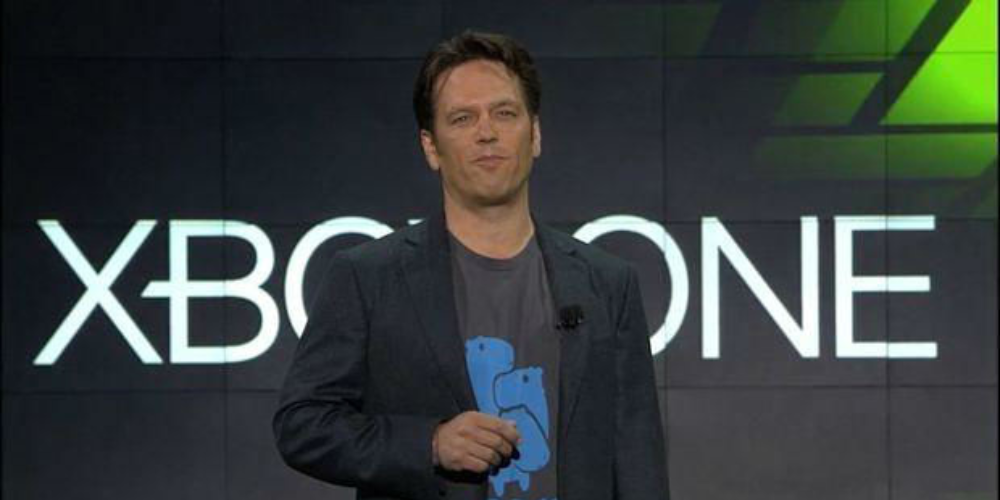
In another revelation, Spencer recounted the time he passed on publishing Guitar Hero. During a pitch from Harmonix’s co-founder Alex Rigopulos, Spencer dismissed the notion of a game that involved players using plastic guitars to interface with consoles.
Surprising Success Stories
The overwhelming success of Guitar Hero became a key lesson for Spencer, showing how sometimes the most unconventional ideas can become cultural phenomena. His admission about doubting the concept highlights how unpredictable audience reception can be in the gaming industry.
The Importance of Forward-Thinking
Despite reflecting on past decisions, Spencer emphasizes a forward-looking mindset. His optimism reflects the nature of the gaming business, where staying adaptable and responsive to trends is crucial for survival and success.
Embracing a Changing Market
In a significant shift, Xbox has begun enabling formerly exclusive titles to appear on rival platforms. This evolution suggests a commitment to inclusivity that contrasts with traditional competitive views within the industry.
Expanding Horizons
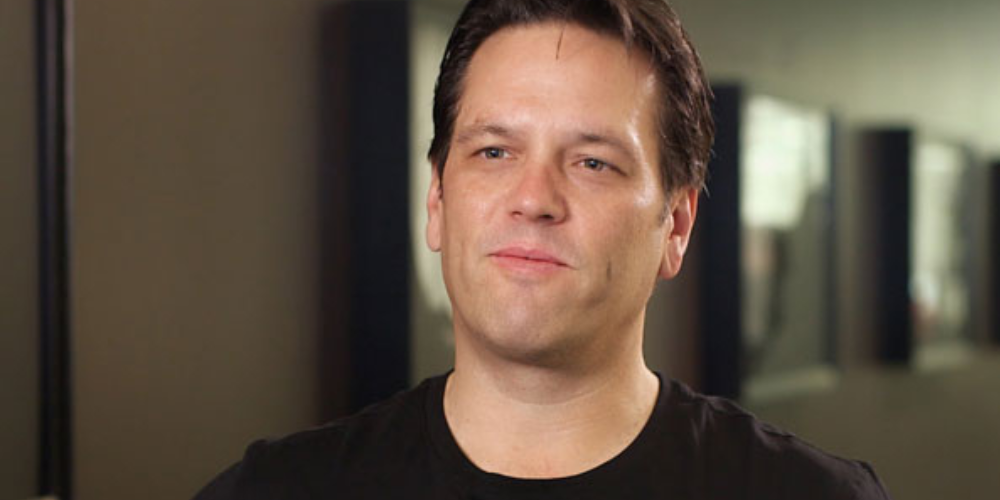
Earlier this year, Xbox made the landmark decision to release games like Pentiment and Grounded on platforms such as Nintendo Switch and PlayStation 5. This marked a pivotal movement toward collaborative gaming experiences, underscoring that sharing the gaming landscape might yield more benefits than keeping exclusives to oneself.
Major Releases and Their Reach
Excitingly, Xbox has been proactive in offering major new titles to non-Xbox platforms, as demonstrated by their announcement concerning Indiana Jones and the Great Circle. This goes against the grain of typical industry practices, signaling a new era in gaming distribution strategies.
Video Games as a Collective Experience
The intricate relationship between contest and collaboration is constantly redefined in the gaming world. Spencer's insights reveal that acknowledging the collective nature of gaming could benefit not only companies but audience engagement as well—a principle that could lead to a thriving gaming ecosystem.
A Reflection on the Future
In conclusion, Spencer’s reflections emphasize important takeaways about the gaming industry’s unpredictable nature. Decisions made today could echo in the future, shaping both individual careers and the broader gaming landscape. Adapting to market changes, welcoming new experimental ideas, and maintaining a mindset focused on the future play a crucial role in a field recognized for its rapid evolution. The past may glow with regrets, but through these insights, Spencer illustrates what it means to forge ahead in a world brimming with possibilities.